Gayatri Devi (1919-2009).




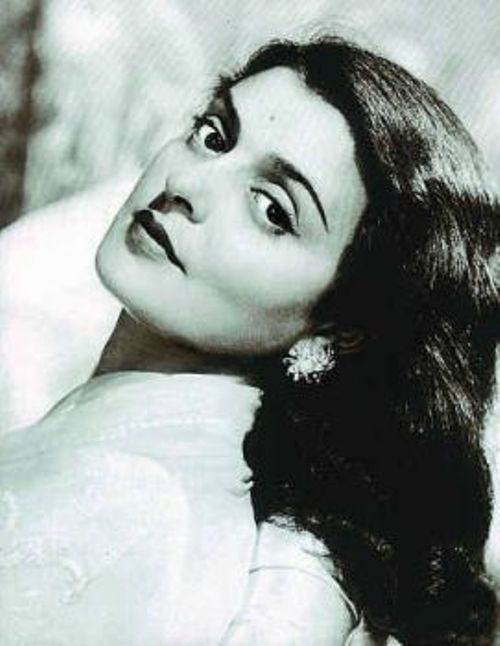





Gayatri Devi (1919-2009).
Indian princess and politician.
.
She was the third Maharani consort of Jaipur from 1940 to 1949, a politician, and philanthropist who was admired as an icon of glamorous royalty but later emerged as an outspoken politician and social activist.
.
Ethnically born in a Koch Rajbongshi Hindu family, her father was Maharaja Jitendra Narayan of Cooch Behar in West Bengal, and her mother was Maratha Princess Indira Raje of Baroda, the only daughter of Maharaja Sayajirao Gaekwad III.
.
In 1940 she became the third wife of Sawai Man Singh II, the maharajah of Jaipur and an international polo player. Gayatri Devi rejected purdah (the seclusion expected of female Indian royalty), traveled frequently, and received foreign dignitaries, including U.S. first lady Jacqueline Kennedy in 1962. Gayatri Devi also founded several girls’ schools.
.
Following India's independence and the abolition of the princely states, she became a successful politician in the Swatantra Party. She advocated free enterprise and greater involvement with the West. She served 12 years in Swatantra Party, during which time she was a prominent critic of Indira Gandhi's government. When Prime Minister Gandhi declared a state of emergency in 1975, she was arrested due to an alleged political vendetta on the false accusation of violating tax laws and was jailed for five months. After her departure from politics, she lived a quiet life in her large estate, spending time with her grandchildren and on hobbies and leisure.
She published her biography, A Princess Remembers, written by Santha Rama Rau, in 1976.
.
Gayatri Devi was also celebrated for her classical beauty and became something of a fashion icon in her adulthood.
She was a particularly avid equestrienne. She was an excellent rider and an able Polo player. Her Highness was fond of cars and is credited with importing the first Mercedes-Benz W126, a 500 SEL to India which was later shipped to Malaysia.
.
She had a son, Prince Jagat Singh.
She died on 29 July 2009 in Jaipur, at the age of 90. She was suffering from paralytic ileus and a lung infection. She left an estate estimated at nearly half a billion USD.
More Posts from Aconcoctionofobsessions and Others
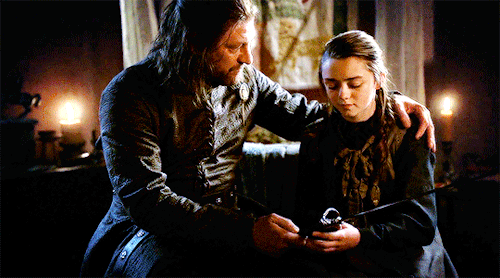
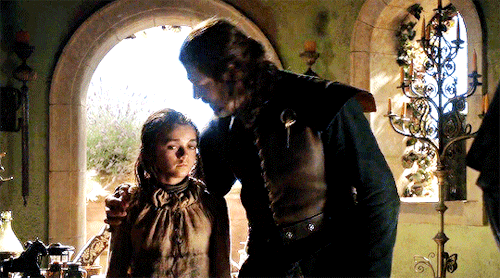
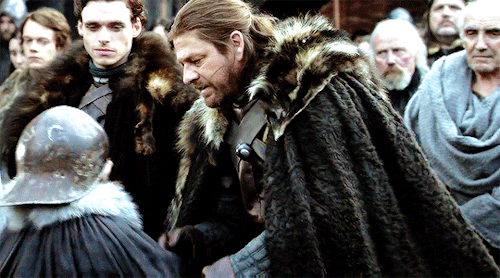
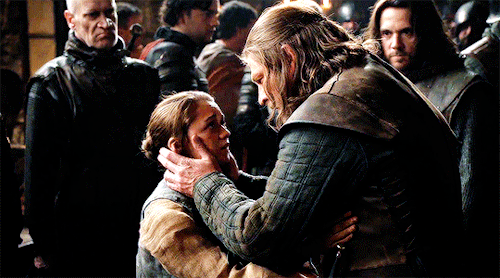
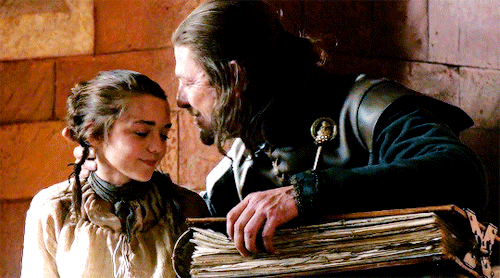
A father holds his daughter’s hand for a short while, but he holds her heart forever.
Drabble: Sita
@puppyloveblog24 requested Sita, anything.
Keep reading
5 AU Headcanons: Rama Accompanies Sita Into Exile
For @marauderstar!
1. There are more than a few similarities between Rama’s first exile and his second.
Sita’s presence at his side is, of course, the most important: a constant of the universe save for those terrible months when it hadn’t been. Even now his stomach rebels at the remembrance; even now he reaches unconsciously for her hand to reassure himself she hasn’t somehow been stolen away once more.
The second is this: the aching, burning necessity to flee before he can be stopped. Before it had been Father’s men and the subjects of Ayodhya. Now it is no less than his own brothers. Already Lakshmana has protested loudly at not being allowed along, but Rama cannot do Urmila such injustice twice. And should he be persuaded to allow her presence, why, then there were Bharat and Shatrughan already cross at having been once left behind, along with their their wives—which didn’t even begin to account what their mothers might say. Before he knows it, Rama is sure, he would find himself housing his entire family in the woods and he doesn’t even want to begin to speculate how enormous a cottage that would require. Surely more than he and Lakshmana could assemble in a single afternoon.
No, Rama decides, and a faint smile flickers across his face (as has been the case every other time he happens to remember the swell of his wife’s stomach; a cottage for three will so quite well enough.
2. So long as he remembers he has wanted to be King.
Wanted, perhaps, is not the right word; expected is better, and expected by everyone else better still—and yet even that doesn’t explain his readiness to give it all up for a single rumor.
Ravana, he knows with bone-deep assurance, had both wanted and expected to be King, craved it to maintain his conception of the world. All too easily Rama could become much the same, and he recoils from it. Ravana was a monster for many reasons, least of which was his ancestry; and Rama would not become his shadow, not for a kingdom that turned on his wife for no fault of her own.
Not for a kingdom that wants him but does not need him, not the way it believes it does.
3. As it happens he doesn’t need to build any sort of cottage at all. Rama, who is guiltily remembering that Lakshmana was far more successful at the brothers’ architectural ambitions he last time around is not a little relieved when they stumble, almost literally, upon the hermitage of a worn wary man who calls himself Valmiki.
“I am afraid,” Rama feels the need to confess, almost as soon as Valmiki’s invitation to stay is spoken, “that we—we come bearing scandal.”
Valmiki’s mouth quirks into a sudden grin, one that was once (as Rama will discover) the terror of travelers passing alongside this road. “Rest assured,” he replies, with such good humor Rama cannot refuse him, “that I am no stranger to scandal myself.”
4. Their warm welcome, it soon turns out, is due as much to their host’s kindness as to the fact that he is composing an epic on Rama’s exploits. Rama flushes to hear of it, and all the more to listen to line after line of his supposed virtues, but Sita laughs outright–and takes impish delight in suggesting all the more wilder exaggerations when asked by Valmiki to confirm the facts as she knows them.
“This bow,” Valmiki says, “by which your husband won your hand–”
“Six feet long,” Sita replies promptly, sketching out unrealistic dimensions with her hands, “and twice a man’s weight to draw.”
Rama groans. “Half a man’s. If that much.”
“Did I say six feet?” Sita very nearly manages not to giggle. “Surely I meant eight.”
“Eight?”
“Perhaps, dear daughter,” says the poet, straight-faced; “you might be mistaken. Ten seems far more likely.”
By the time that afternoon’s composing is complete, the bow is twelve feet and Rama utterly mortified–but Sita is laughing, and Valmiki humming with satisfaction, and Rama can bear a bit of mortification for that.
5. There are two boys, not one; the first already boasting a head of dark hair that stands upright like spikes of kusha grass, the second golden and grasping for his father’s finger.
Rama reels with the wonder of it, and all the more with the knowledge that he has a lifetime with them, years to watch them grow into the men they are meant to be. This must be what his father had always wanted for him, Dasharatha who had performed a thousand prayers for just that life. He would give up a hundred kingdoms for that, a thousand; he is certain–no matter how much news might trickle out from Ayodhya that its citizens still mourn their lost son, that its King swears to perform the Aswamedha Yagna in twelve years’ time, should he be reunited with its brother by its end.
There are two boys, not one; and they are both perfect. Sita is well, and happy, and they have a home.
Rama wants nothing more.









@femmefatalenet | event nine | athena in 2018 | sky
In 2018, Athena is still in Athens, trying to figure out where it went wrong, strategizing, reading, analysing, war after war after war, trying to see when she lost control of it all, when it starting going beyond her. Because she is determined, single-minded, steadfast, and she is going to change the world once more.

Blue river, Brandsetvegen, Vossestrand, Norway / Christian Lunde

-
 arminsultan liked this · 8 months ago
arminsultan liked this · 8 months ago -
 irreversibleeee reblogged this · 11 months ago
irreversibleeee reblogged this · 11 months ago -
 irreversibleeee liked this · 11 months ago
irreversibleeee liked this · 11 months ago -
 sribulan21 liked this · 1 year ago
sribulan21 liked this · 1 year ago -
 aconcoctionofobsessions reblogged this · 1 year ago
aconcoctionofobsessions reblogged this · 1 year ago -
 iseeeverythinginneon liked this · 1 year ago
iseeeverythinginneon liked this · 1 year ago -
 nono2411 reblogged this · 2 years ago
nono2411 reblogged this · 2 years ago -
 nono2411 liked this · 2 years ago
nono2411 liked this · 2 years ago -
 itslupito liked this · 2 years ago
itslupito liked this · 2 years ago -
 fionavolpe liked this · 2 years ago
fionavolpe liked this · 2 years ago -
 mr-e-gallery reblogged this · 2 years ago
mr-e-gallery reblogged this · 2 years ago -
 mr-e-gallery liked this · 2 years ago
mr-e-gallery liked this · 2 years ago -
 guy60660 liked this · 2 years ago
guy60660 liked this · 2 years ago -
 guaranimi liked this · 2 years ago
guaranimi liked this · 2 years ago -
 frenchpsychiatrybonbons reblogged this · 2 years ago
frenchpsychiatrybonbons reblogged this · 2 years ago -
 frenchpsychiatrybonbons liked this · 2 years ago
frenchpsychiatrybonbons liked this · 2 years ago -
 g-chel liked this · 2 years ago
g-chel liked this · 2 years ago -
 danasdreams liked this · 2 years ago
danasdreams liked this · 2 years ago -
 likeaplover reblogged this · 2 years ago
likeaplover reblogged this · 2 years ago -
 daphnedauphinoise liked this · 3 years ago
daphnedauphinoise liked this · 3 years ago -
 fashionfumbling liked this · 3 years ago
fashionfumbling liked this · 3 years ago -
 aria-9 reblogged this · 3 years ago
aria-9 reblogged this · 3 years ago -
 storylinesilikek reblogged this · 3 years ago
storylinesilikek reblogged this · 3 years ago -
 anahiranz liked this · 3 years ago
anahiranz liked this · 3 years ago -
 dreamer-girl liked this · 3 years ago
dreamer-girl liked this · 3 years ago -
 andshecrieswolf liked this · 3 years ago
andshecrieswolf liked this · 3 years ago -
 ignameh reblogged this · 3 years ago
ignameh reblogged this · 3 years ago -
 ignameh liked this · 3 years ago
ignameh liked this · 3 years ago -
 kajubarfi28 liked this · 3 years ago
kajubarfi28 liked this · 3 years ago -
 likeaplover liked this · 3 years ago
likeaplover liked this · 3 years ago -
 lady-death14 liked this · 4 years ago
lady-death14 liked this · 4 years ago -
 zzzanazzz reblogged this · 4 years ago
zzzanazzz reblogged this · 4 years ago -
 aconcoctionofobsessions liked this · 4 years ago
aconcoctionofobsessions liked this · 4 years ago -
 to-grow-in-and-to-love reblogged this · 4 years ago
to-grow-in-and-to-love reblogged this · 4 years ago -
 emy-manu liked this · 4 years ago
emy-manu liked this · 4 years ago -
 the-jess-life liked this · 4 years ago
the-jess-life liked this · 4 years ago -
 fromnowhere reblogged this · 4 years ago
fromnowhere reblogged this · 4 years ago -
 fromnowhere liked this · 4 years ago
fromnowhere liked this · 4 years ago -
 followmal liked this · 4 years ago
followmal liked this · 4 years ago -
 falconfornow liked this · 4 years ago
falconfornow liked this · 4 years ago















